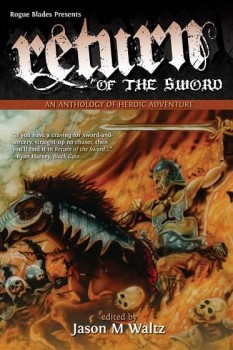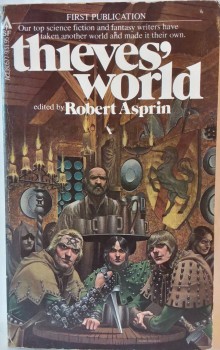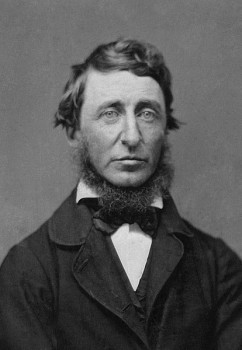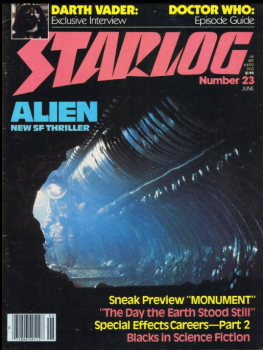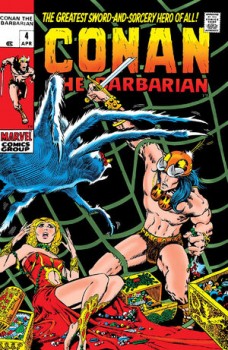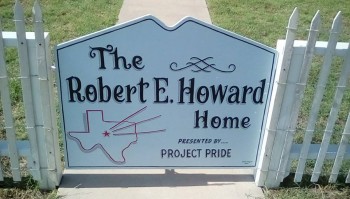Rogue Blades Author: A Love Letter to Bear Creek
The following is an excerpt from Mark Finn’s essay for Robert E. Howard Changed My Life, an upcoming book from the Rogue Blades Foundation.
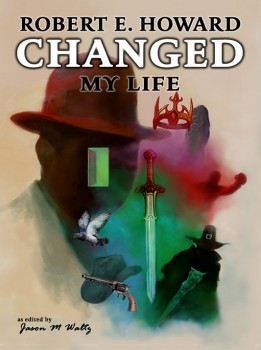 I’ve spent roughly seventy-five percent of my life thinking about Robert E. Howard, one of his many literary creations, or some combination of the two. It’s common when, in the bloom of one’s youth, a reader decides who their favorite author is and then reads everything they can get their hands on, indiscriminately. I was certainly no exception, and while I was quick to devour all the Conan, Kull, and Solomon Kane I could find, I don’t think I learned about Howard’s humor stories until I was a senior in high school.
I’ve spent roughly seventy-five percent of my life thinking about Robert E. Howard, one of his many literary creations, or some combination of the two. It’s common when, in the bloom of one’s youth, a reader decides who their favorite author is and then reads everything they can get their hands on, indiscriminately. I was certainly no exception, and while I was quick to devour all the Conan, Kull, and Solomon Kane I could find, I don’t think I learned about Howard’s humor stories until I was a senior in high school.
It was in the problematic pages of Dark Valley Destiny (1983) where L. Sprague de Camp wrote favorably (well, as favorably as he was able, which in this case, was fairly glowing) about Howard’s humor fiction; the fighting sailor of the Asiatics, Steve Costigan, and the lumbering mountain man from Bear Creek, Nevada, Breckinridge Elkins. Given that de Camp’s biography was so full of scant praise for the author’s literary output, these plaudits stood out in sharp relief against the backhanded compliments. As the single biggest fan of Robert E. Howard that I knew, I could not let this omission in my reading stand.
As it turned out, it would have to, at least for a couple of years, until I could get to a better class of used bookstore. I bought both The Iron Man (1976) and A Gent From Bear Creek (1975) at the same time at Austin Books, in (where else?) Austin, Texas. They were the Zebra editions with wonderfully evocative covers by Jeff Jones. I was stunned and a little disheartened to find out that Howard’s humor writing was, in the late ’80s and early ’90s, about 95% unpublished. Sure, A Gent From Bear Creek was available, but it was, at the time, at odds with the rest of Howard’s work in print. Specifically, it was hard to reconcile this picaresque romp of a humor novel, full of hyperbole and exaggerations, with the same author that wrote “The Black Stone” and “Red Nails.” If I’m being completely honest, I didn’t quite get it.
